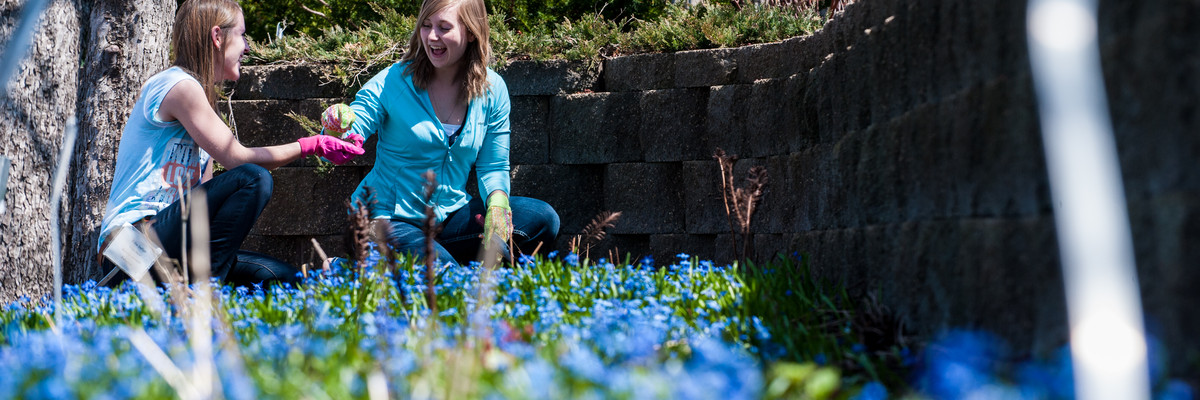
The first step for a homeowner in accurately fertilizing a lawn, garden, or landscape planting is to collect a representative soil sample and send it to a laboratory for analysis. After completing the analysis, the laboratory sends the results back to you along with lime and fertilizer recommendations. The second step in accurate and efficient fertilization is to interpret the results correctly. Then you are ready to apply the necessary rates of fertilizer and lime to achieve optimum growth of your lawn, garden, or landscape trees and shrubs. A Soil Test Report from the University of Minnesota Soil Testing Laboratory is relatively straightforward, but it contains a lot of information and some terminology that can be confusing to the first-time or occasional user. A video that walks you through the entire report may be found at How to Interpret Your Soil Test Results.
The information here is intended to provide some simple guidelines for properly interpreting your University of Minnesota Soil Test Report.
It is also important to point out the things your Soil Test Report will not tell you. The Soil Test Report will NOT tell you if you have disease-causing organisms in your soil, such as harmful insects or nematodes, or herbicide residues that might be harmful to your garden or landscape plants. Routine soil tests also will NOT include an analysis of the beneficial microorganisms that might contribute to a “healthy” soil. The University of Minnesota Soil Test Report is focused on describing the fertility status of your soil and providing information that will help maintain or improve the mineral nutrition of your plants.
Additional information about how to manage soil and nutrients in yards and gardens is available on the UMN Extension website: https://extension.umn.edu/how/manage-soil-nutrients.
- Definitions
- Example Soil Test Report
- Header
- Soil Test Results
- Interpretation of Soil Test Results
- Recommendations
Ask Extension
This information should help you understand the information contained in your Soil Test Report. But if you have additional questions, please visit this page to email or call a Master Gardener.